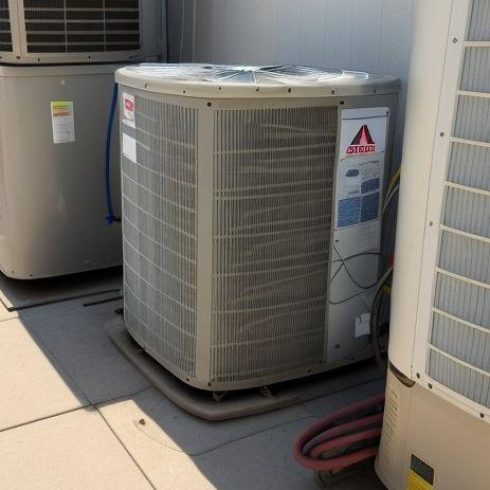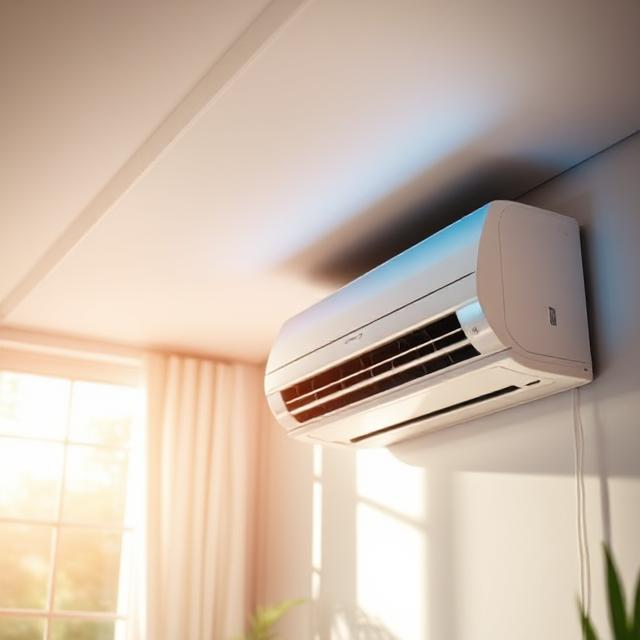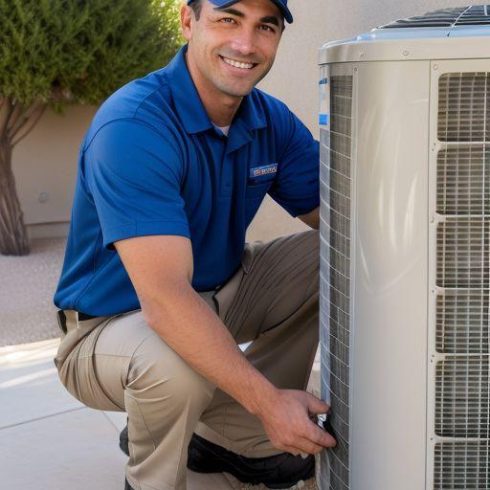What You Need to Know About HVAC Repairs: Costs, Common Problems, and Solutions
Introduction
When it comes to home comfort, your HVAC system plays a pivotal role. Whether you're sweating through the summer heat or shivering in winter's chill, a well-functioning HVAC system is essential. However, like any mechanical system, it can run into problems. Understanding HVAC repairs, their costs, common issues, and effective solutions is crucial for every homeowner. In this article, titled "What You Need to Know About HVAC Repairs: Costs, Common Problems, and Solutions," we will delve deep into the nuances of HVAC repair so that you can make informed decisions.
What You Need to Know About HVAC Repairs: Costs, Common Problems, and Solutions
Understanding HVAC Systems
1. What is an HVAC System?
An HVAC (Heating, Ventilation, and Air Conditioning) system is designed to provide heating and cooling services to residential or commercial buildings. It works by distributing air throughout the space via ducts or other means.
2. Why is Your HVAC System Important?
Your HVAC system not only controls the temperature but also manages indoor air quality. Proper ventilation helps remove stale air and introduces fresh air into your living space.
Common Problems with HVAC Systems
3. Frequent Issues Encountered in HVAC Systems
Every homeowner should be aware of common problems that may arise with their systems:
- Inadequate Heating or Cooling: This could be due to a malfunctioning thermostat or inadequate refrigerant levels.
- Strange Noises: Banging or grinding sounds might indicate loose parts or an issue with the motor.
- Airflow Issues: Clogged filters can restrict airflow leading to inefficiency.
- Leaking Refrigerant: This not only reduces efficiency but can also lead to more significant issues if not addressed.
4. The Importance of Regular Maintenance
Regular maintenance can help prevent many of these issues from occurring in the first place. Scheduling seasonal check-ups often leads to improved efficiency and longevity of your system.
Costs Associated with HVAC Repairs
5. Typical Repair Costs
The cost of repairing an HVAC system varies widely based on various factors such as:


| Service Type | Average Cost | |----------------------------------|--------------------| | Thermostat Replacement | $100 - $400 | | Refrigerant Recharge | $150 - $300 | | Compressor Replacement | $1,200 - $1,800 | | Duct Cleaning | $300 - $500 |
Note: Prices may vary based on location and specific service providers.
6. Additional Factors Influencing Costs
Several variables can influence the overall repair cost:
- Age of the unit
- Availability of replacement parts
- Geographic location
- Contractor's expertise
DIY vs Professional Repairs
7. When Can You DIY?
Some minor issues can be tackled by homeowners themselves such as:
- Changing filters
- Checking batteries in thermostats
- Cleaning outdoor units
However…
8. When Should You Call a Professional?
Complex issues like refrigerant leaks or electrical faults should always be handled by trained professionals to ensure safety and compliance with local laws.
Finding Reliable HVAC Repair Services
9. How to Choose a Good HVAC Repair Company?
When looking for reliable services:
- Check online reviews.
- Ask for recommendations from friends or family.
- Ensure they are licensed and insured.
10. Importance of Local Expertise: Searching for “HVAC Repair Mecca”
If you're located in Mecca or nearby areas, searching for “ HVAC repair Mecca” can connect you with local experts who understand regional climate challenges and regulations.
Understanding Energy Efficiency in Your HVAC System
11. The Role of Energy Efficiency Ratings
Energy efficiency ratings (like SEER for cooling systems) help determine how much energy your unit consumes compared to its output.
12. Benefits of Energy-Efficient Systems
Investing in energy-efficient systems leads to lower utility bills and a smaller carbon footprint—an excellent choice for both your wallet and the environment!
Signs It's Time for an Upgrade
13. Aging Equipment: When Is It Time?
Typically, if your unit is over 15 years old and requires frequent repairs, it might be time for an upgrade.
14. Inefficiency Indicators
If you notice rising energy bills without any change in usage patterns, it could signal that your system needs replacement rather than just repair.
Conclusion: Making Informed Decisions About Your HVAC System
Navigating the world of HVAC repairs doesn't have to feel overwhelming! By understanding common problems, potential costs, maintenance importance, and when to call professionals—including local options like " HVAC repair Mecca"—you’ll be well-equipped to handle any Click for more challenges that arise with your heating and cooling systems.
FAQs
1. What are some signs my HVAC needs repair?
Your unit may need repairs if it's making strange noises, blowing warm air in summer or cold air in winter despite being set correctly.

2. How often should I schedule maintenance?
Ideally, you should schedule maintenance at least twice a year—once before summer peak season and once before winter.
3. Can I perform my own repairs?
While minor tasks like filter changes are fine DIY projects, anything involving electrical components or refrigerants should be left to professionals.
4. How long does an average HVAC repair take?
Depending on the issue's complexity—a simple fix might take less than an hour while more complex repairs could take several hours or even days!
5. Are there warranties available for repairs?
Many reputable contractors offer warranties on both labor and parts—always ask before proceeding with any work!
6. How do I find affordable yet reliable service?
Look for local companies with good reviews online; sometimes seasonal promotions can also help reduce costs!
By arming yourself with knowledge about what you need to know about HVAC Repairs: Costs, Common Problems, and Solutions, you're setting yourself up for success! Stay comfortable year-round by being proactive about your heating-and-cooling systems!